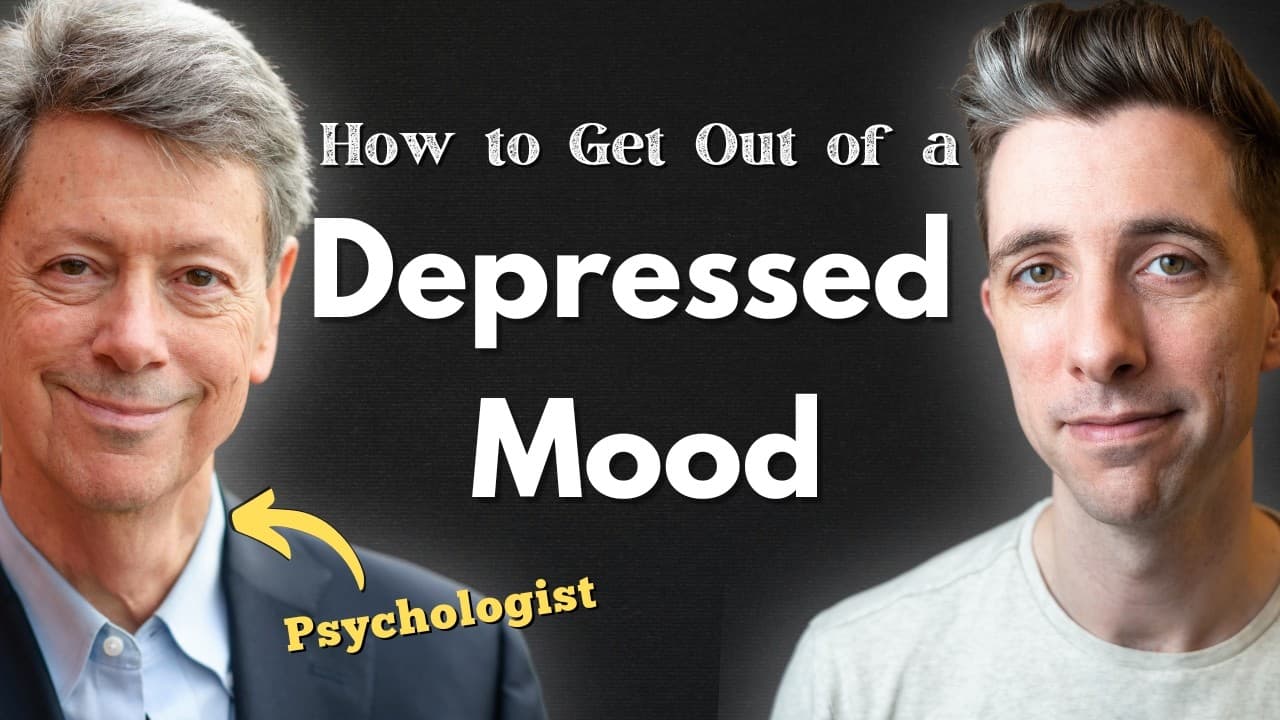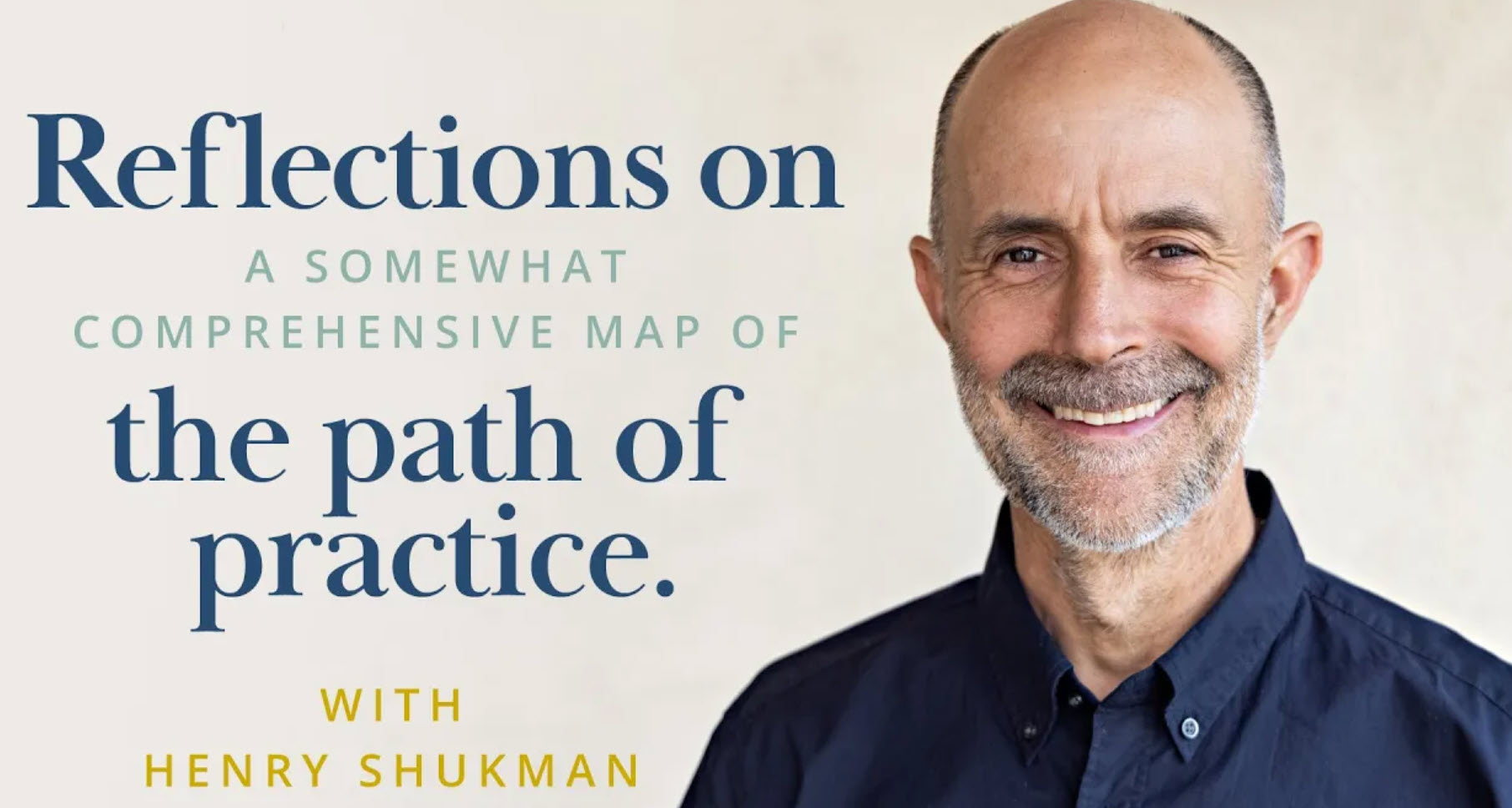Does it feel safe with other people?
The Practice: Relax needless fear around others.
Why?
We all know this fear. You step into a meeting with people you know and still, there could be a watchfulness, a restraint, a certain carefulness in how you speak that comes more from subtle anxiety than reasonable prudence. Perhaps someone disagrees with you in this meeting – and you feel uneasy, off-balance, unprotected; maybe later you worry about what others thought about how you responded to the disagreement: Was I too irritated and pushy? Do they think I’m defensive? What should I do next time? When you get home, let’s say your teenage son is quiet and prickly as usual. You want to tell him that the chilly distance between you feels awful, and you want to open your heart to him . . . but it feels awkward, you’re afraid of making things worse, and when you spoke from the heart while growing up it did not go well and the fears reaching back into your childhood shadow and strengthen your fears today, so you say nothing, again. (I have had to deal with this myself.)
And these are just the milder social anxieties. Consider stronger ones, such as common fears about others getting angry, public speaking, being vulnerable, talking with authority figures, what others might think about your body, or being around people who aren’t like you.
Sometimes these fears are justified. People in your life might actually want to pressure, dismiss, mistreat, hurt, or exploit you. If you belong to a group of people that have been systematically discriminated against, harassed, assaulted, or even worse, it is perfectly understandable to be wary of this happening to you, perhaps again – and again. On a larger scale, think about the recurring theme throughout human history of authoritarian leaders revving up grievances against “them” in order to increase their own power and wealth; it’s prudent to be alarmed about this when it’s happening, especially when there is still time to stop it. Safety is arguably the most fundamental need of any animal, including us, and it’s vital to be clear-eyed about threats and strong and skillful in dealing with them. Nothing in what follows is meant to minimize this.
All this said – it is also true that very often our fears around other people are not really justified. Much of the time, they couldn’t care less about what we did – we are usually just a bit player in their own personal drama, anyway – or if they do care, it’s a passing feeling. Even if the other person does react, most likely you could handle it fine. Further, if there truly is something to deal with – a conflict, issue, broken agreement, betrayal – it is possible to be clear-eyed, strong, straightforward, confident, and secure without being anxious about it (see the chapter on kindness and assertiveness in Buddha’s Brain). Anxiety is something added to our response to situations; sometimes it’s helpful, but usually, it clouds thinking, adds needless suffering, and fuels conflicts with others.
So there are two kinds of mistakes we can make: having too little or too much anxiety around others. We should do our best to avoid making either kind. But which mistake is more common?
It’s the second one: needless anxiety stirred into the sauce of life, making it bitter.
Get Tips Like This Delivered Right to Your Inbox
You can unsubscribe at any time and your email address will never be shared or sold.
How?
Be mindful of anxiety around others, especially subtle unease, concern, tension, nervousness, or worry. Tune into your body, that little jump in heart rate or funny feeling in the pit of your stomach. Watch the thoughts passing through, the quiet murmuring in the back of the mind that overestimates threats and underestimates resources, that predicts problems that are actually unlikely.
Be aware of the costs to you of unnecessary – not useful, not valuable – anxiety. Besides feeling bad, it makes a person play smaller with others, hold back his or her truth, and hunker down – or go to war, in ways small or large. Then really decide in your heart if you want to be free of this worthless fear.
With someone who you know cares about you, try saying to yourself (adapt my suggestions to your needs): I know you’re not going to attack me. Find your way to having the statement ring true, and then see how you feel. Do it again with this statement to yourself: Even if you did attack me, I would still be OK in the core of my being. Let the truth of this and related good feelings sink into you. Here’s another one: I can take care of myself around you. Let this, too, sink in. And: If you hurt me, I’ll still be OK in my core. And: I wish you well. If you have any difficulty with this practice, try other people who love you. The essence here is to feel your way into a place in which you recognize others and situations as they truly are, you take care of your own needs, and no needless anxiety is added.
Then try this practice with one or more friends . . . and then with a neutral person, such as a stranger on the street . . . and then even with someone who is difficult for you. If there is truly something to be anxious about, so be it. Otherwise, keep opening up to the experience of being realistic about others and strong on your own behalf – without feeling any pointless fear.
Also, try this approach when interacting with others. Can you talk with a family member, a friend, a neutral person, and a difficult person without one bit of unnecessary worry, alarm, sense of threat, or uneasiness? As you deepen your sense of being appropriately fearless with others, keep letting this experience sink in so you become increasingly grounded in this way of being.
Enjoy the sense of freedom this practice brings, the greater ease with others, and with confidence. Notice how you can be more relaxed, patient, open, and caring with other people when you are not afraid.
What a comfort, and what a relief.
Know Someone Who Could Be More Relaxed?
Use the buttons below to share this article via social media or email.



